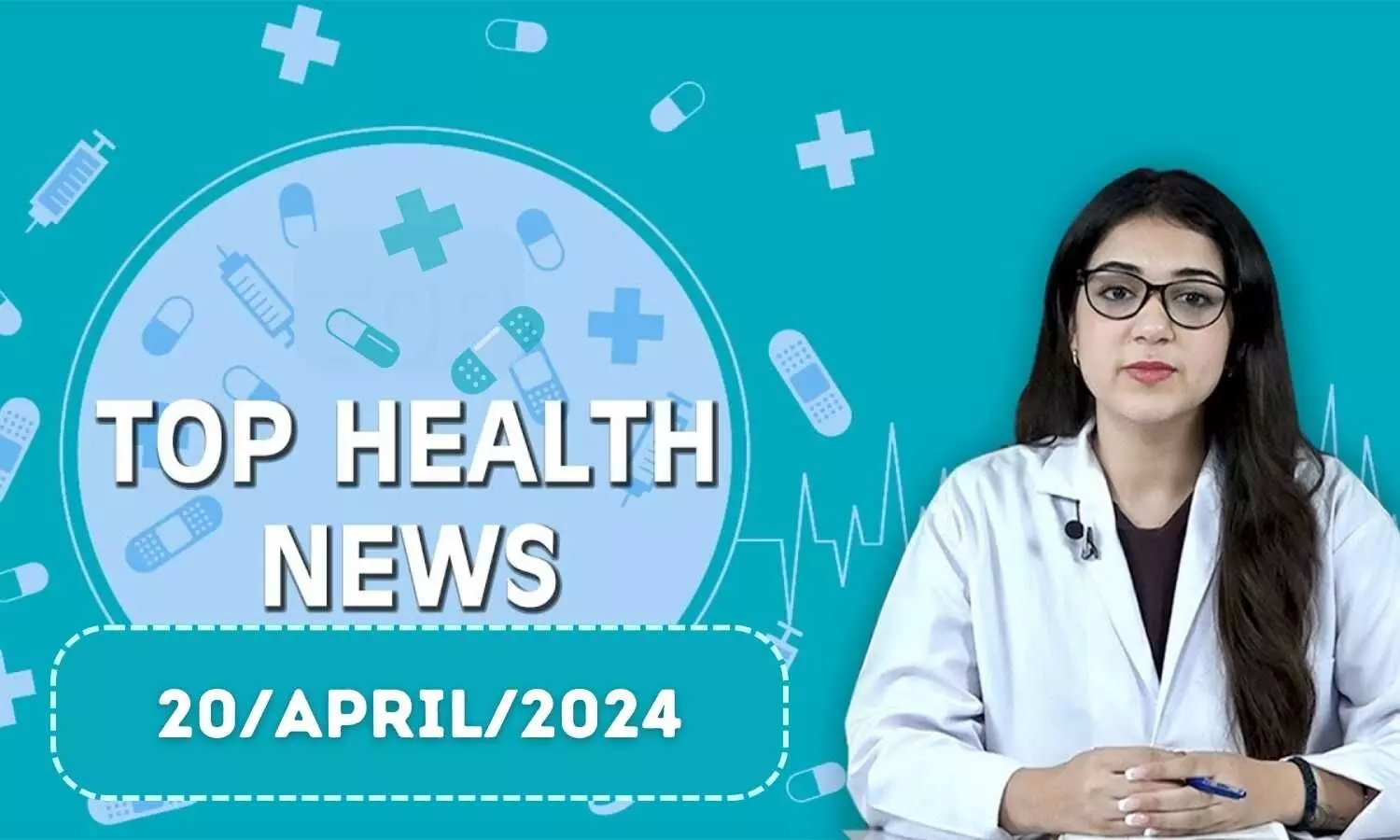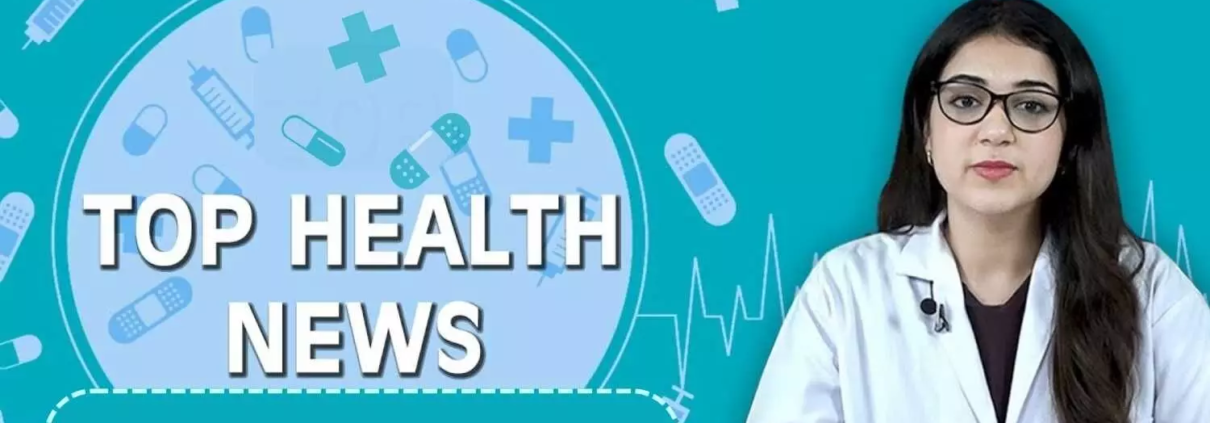Health Bulletin 20/ April/ 2024

Here are the top health news for the day:
IRDAI removes age cap, mandates health insurance coverage for all age groups
In a major decision, the Insurance Regulatory and Development Authority of India (IRDAI) has removed the age cap for buying health insurance policies.
Releasing the new Insurance Regulatory and Development Authority of India (Insurance Products) Regulations, 2024, which was notified in the official Gazette on 20th March 2024, IRDAI has specified its directions for the health insurance companies regarding their product designs i.e. the type of their health insurance policies.
For more information click on the link below:
H5N1 bird flu strain detected in milk: WHO
The detection of the H5N1 bird flu virus strain in raw milk from infected animals, as announced by the World Health Organization (WHO), has escalated concerns surrounding avian influenza outbreaks. Since its emergence in 1996, the Avian influenza A(H5N1) has witnessed a surge in bird outbreaks, with a notable increase in mammalian infections since 2020.
The unexpected susceptibility of cows and goats to this strain has resulted in outbreaks across six states, affecting at least 13 herds. Of particular concern is the first reported case of human infection from a cow in Texas, underscoring the gravity of the situation.
ICMR study finds anomalies in prescriptions at major central run hospitals
An Indian Council of Medical Research (ICMR) investigation revealed deviations from established medication guidelines in prescriptions at top government-run hospitals. Nearly 10% of prescriptions showed unacceptable deviations, with 45% departing from normal treatment standards. The study, part of the ICMR’s Rational Use of Medicines (ICMR-RUM) project, analyzed 4,838 prescriptions from 13 tertiary care hospitals, including AIIMS and PGIMER. Dr. Rima Dada from AIIMS Delhi stressed the hospital’s emphasis on comprehensive, generic prescriptions. However, significant deviations were observed, particularly in community medicine, ENT, and paediatrics OPDs. These deviations ranged from non-specific therapies to inappropriate medication use, raising concerns about antimicrobial resistance. The study highlighted the need to reinforce rational prescribing principles among medical professionals. Despite attempts to seek comments from relevant authorities, responses were not received. Addressing these issues is crucial to mitigate adverse drug reactions, hospitalizations, and rising treatment costs associated with inappropriate prescribing practices.
Scientists identify how sugary, fatty foods may trigger cancer in young people
Researchers from the National University of Singapore have unveiled a potential link between junk food consumption and increased cancer risk, particularly among young individuals. The study sheds light on methylglyoxal, a compound produced in higher amounts during the digestion of sugary and fatty foods.
The research team found that methylglyoxal can temporarily disable the BRCA2 gene, crucial for the body’s cancer defense mechanism. Dr. Ashok Venkitaraman, the lead author, explained, “Methylglyoxal triggers the destruction of BRCA2 protein, reducing its levels in cells. This effect is temporary but can last long enough to inhibit the tumor-preventing function of BRCA2.”
Facebook Comments



